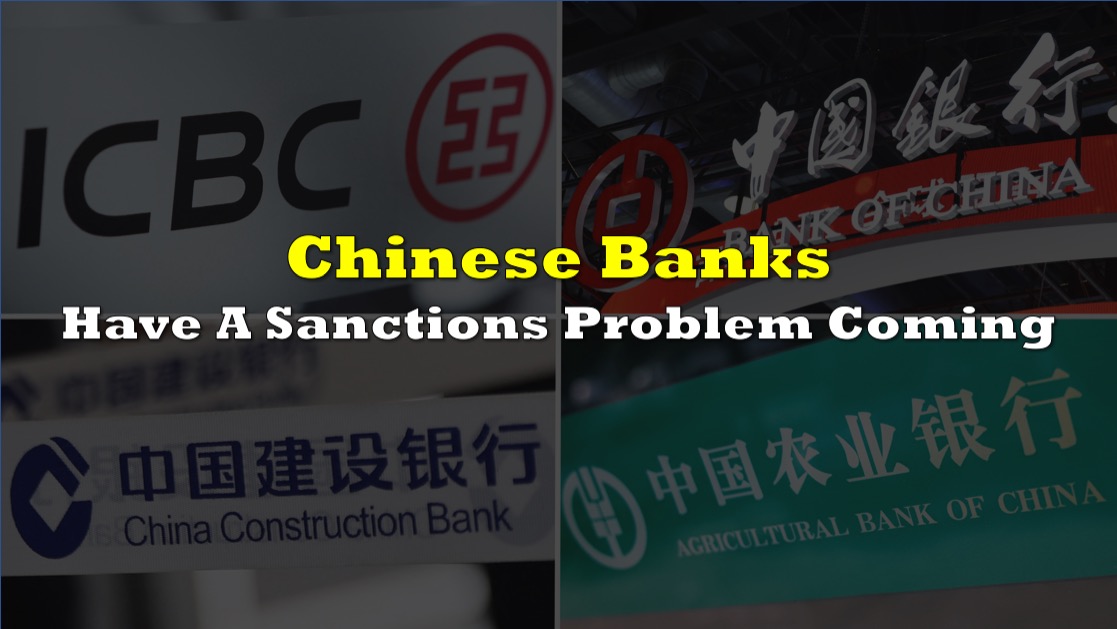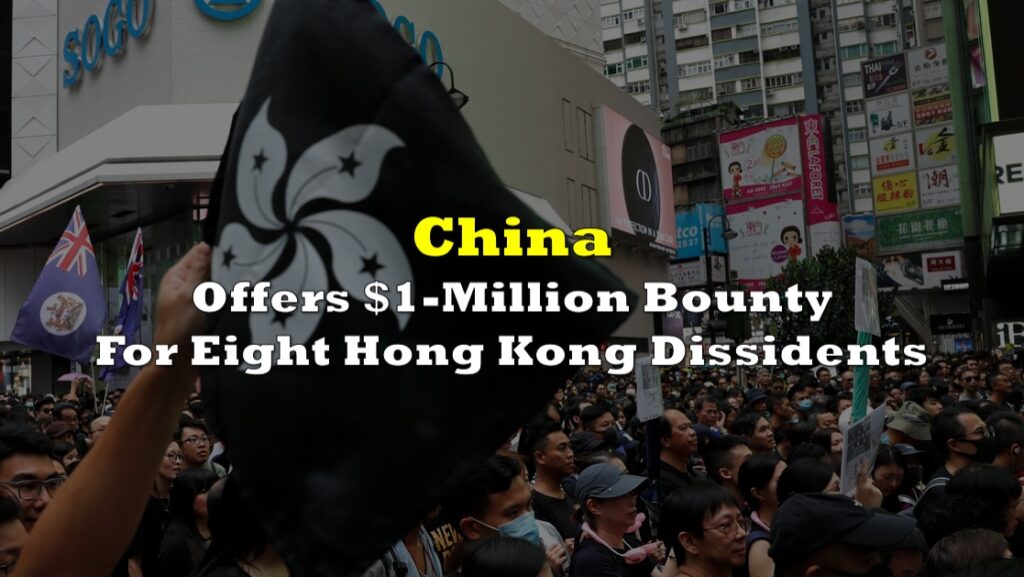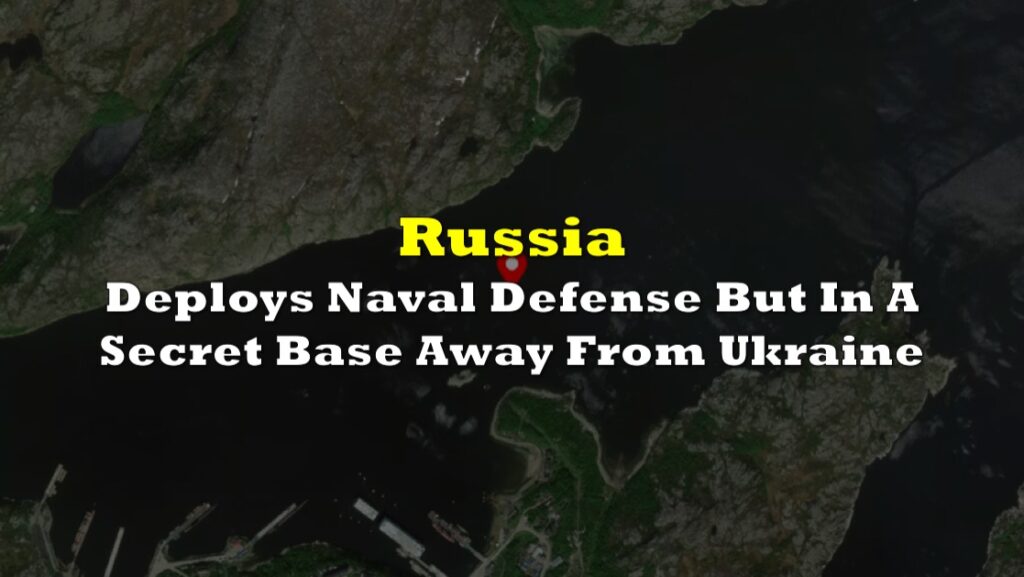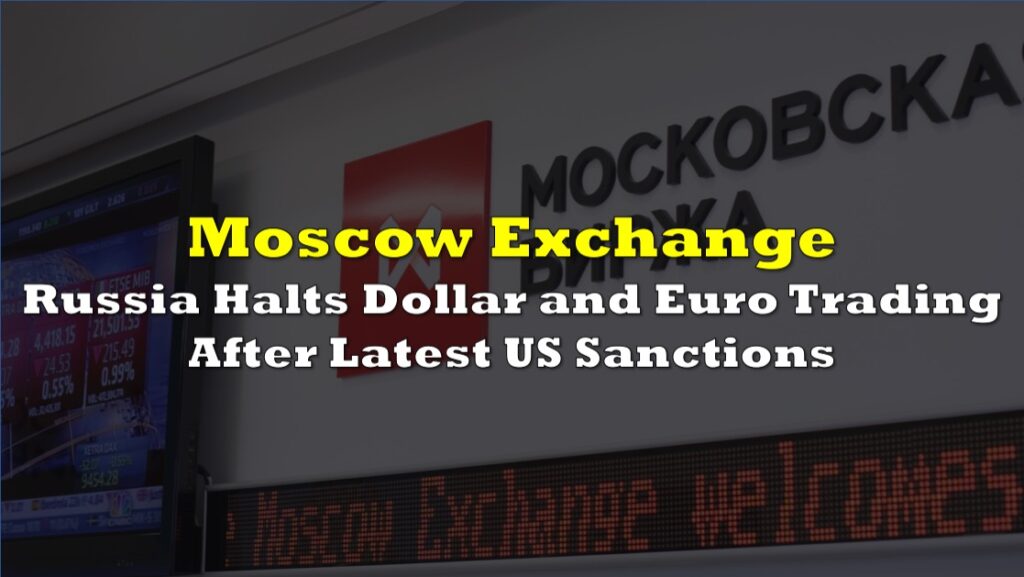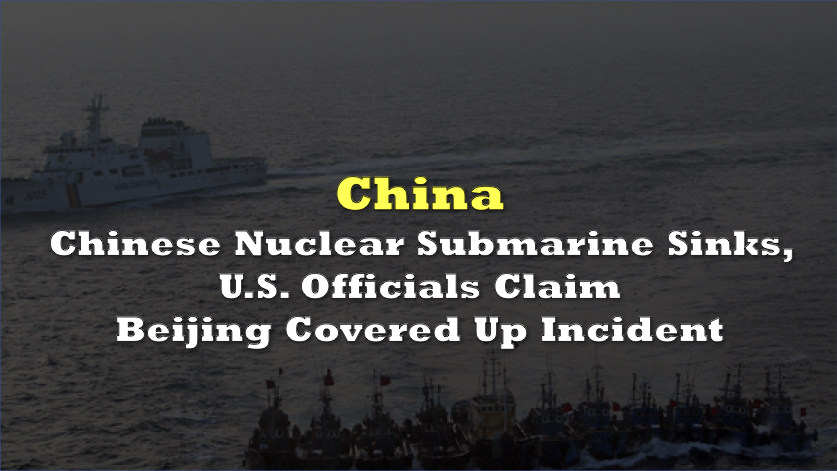The escalating tension between the United States and Russia is now casting a shadow over China’s banking sector. Amidst the fallout from Washington’s sanctions on Moscow, Chinese banks are grappling with the possibility of being ensnared in the crossfire.
Since Russia’s incursion into Ukraine in 2022, the U.S. has steadily tightened its sanctions grip on Russian entities. Now, there’s a looming threat of extending these sanctions to Chinese banks, which the U.S. accuses of bolstering Moscow’s war efforts.
💸 The U.S. has imposed an array of sanctions on Russia and Russian entities since the country invaded Ukraine in 2022.
— PiQ (@PiQSuite) April 28, 2024
Now the threat of extending these to banks in China – a country Washington blames for "powering" Moscow's war effort – is chilling the finance that lubricates… https://t.co/lxIxMsAFt6
This apprehension is significantly impacting the financial flow crucial for non-military trade between China and Russia. According to insights from seven trading and banking sources familiar with the matter, small Chinese exporters are feeling the squeeze.
One such exporter, based in Guangdong, southern China, is facing hurdles in shipping electrical goods to Russia. It’s not the quality of their products causing the snag, but rather the reluctance of China’s major banks to facilitate payments due to concerns over U.S. sanctions.
The company’s founder, known only as Wang, disclosed plans to explore alternative payment avenues, including currency brokers operating along the China-Russia border.
“You simply cannot do business properly using the official channels,” Wang remarked.
Speaking anonymously, sources revealed that Chinese banks have intensified scrutiny of Russia-related transactions or halted such dealings altogether since last month. The situation has forced companies like Wang’s to either navigate unorthodox payment routes or consider downsizing their operations.
As China’s major banks step back from financing transactions linked to Russia, some Chinese firms are turning to smaller banks near the border or resorting to underground financing channels, including cryptocurrency, despite its ban in China since 2021.
The tightening scrutiny on Russia-related businesses by major Chinese banks reflects their efforts to mitigate the risks of being targeted by U.S. sanctions. Transactions between China and Russia are increasingly being pushed into clandestine channels, which, while providing a temporary solution, come with inherent risks.
The move towards underground channels for transactions is not without its challenges, including the inability to pass through standard KYC (know-your-customer) procedures at traditional banks.
In response to inquiries, China’s foreign ministry expressed unawareness of the described practices and payment settlement issues. The People’s Bank of China and the National Financial Regulatory Administration, the country’s banking sector regulator, remained silent on the matter despite requests for comment from Reuters.
Sanctions abound
U.S. Secretary of State Antony Blinken expressed “serious concern” over Beijing’s alleged support for Russia’s actions in Ukraine during a marathon five-and-a-half-hour meeting with China’s top diplomat, Wang Yi. Blinken’s visit, which also included discussions with President Xi Jinping, marked a significant attempt to mend ties strained by a series of confrontations.
Despite the diplomatic engagement, tensions lingered over the looming threat of U.S. sanctions on Chinese financial institutions involved in facilitating trade with dual civilian and military applications. While discussions have been underway, Washington has yet to finalize a plan to implement such measures, according to a U.S. official speaking to Reuters.
The Chinese Foreign Ministry reiterated its stance against unilateral sanctions: “China does not accept any illegal, unilateral sanctions. Normal trade cooperation between China and Russia is not subject to disruption by any third party.”
However, the State Department underscored the gravity of the situation, warning that supporting Russia’s defense industry poses a threat not only to Ukrainian security but also to European stability. Blinken emphasized to Chinese officials that ensuring transatlantic security is a core U.S. interest and urged China to address the issue promptly.
“Beijing cannot achieve better relations with Europe while supporting the greatest threat to European security since the end of the Cold War,” a spokesperson from the State Department said. “If China does not address this problem, the United States will.”
The impact of potential sanctions is already reverberating through Chinese banks, with nearly all major institutions suspending settlements from Russia since early March. State-owned lenders have reported declines in Russia-related business, with assets shrinking following Russia’s invasion of Ukraine.
Among the China’s biggest four banks, China Construction Bank and Agricultural Bank of China disclosed declines in assets at their Russian subsidiaries of 14% and 7%, respectively, while Industrial and Commercial Bank of China saw a notable 43% increase. Bank of China did not provide specific figures.
The tightening financial landscape is causing disruptions for Chinese companies, particularly those reliant on Russian trade. Some rural banks along the Chinese-Russian border can still process payments, but the surge in demand has led to significant delays in opening accounts.
For businesses like a chemical and machinery company in Jiangsu province, the struggle to access funds from Russian clients has persisted for months, with banks imposing stricter review processes for receiving payments.
The challenges have forced some companies to reconsider their involvement in the Russian market. The manager of a listed company in Guangdong expressed frustration at the inability to receive over 10 million yuan ($1.4 million) in payments from Russian partners, leading them to abandon the market altogether.
“We gave up on the Russian market,” the manager said. “The process of collecting payments is extremely annoying.”
Information for this story was found via Reuters and the sources mentioned. The author has no securities or affiliations related to the organizations discussed. Not a recommendation to buy or sell. Always do additional research and consult a professional before purchasing a security. The author holds no licenses.

